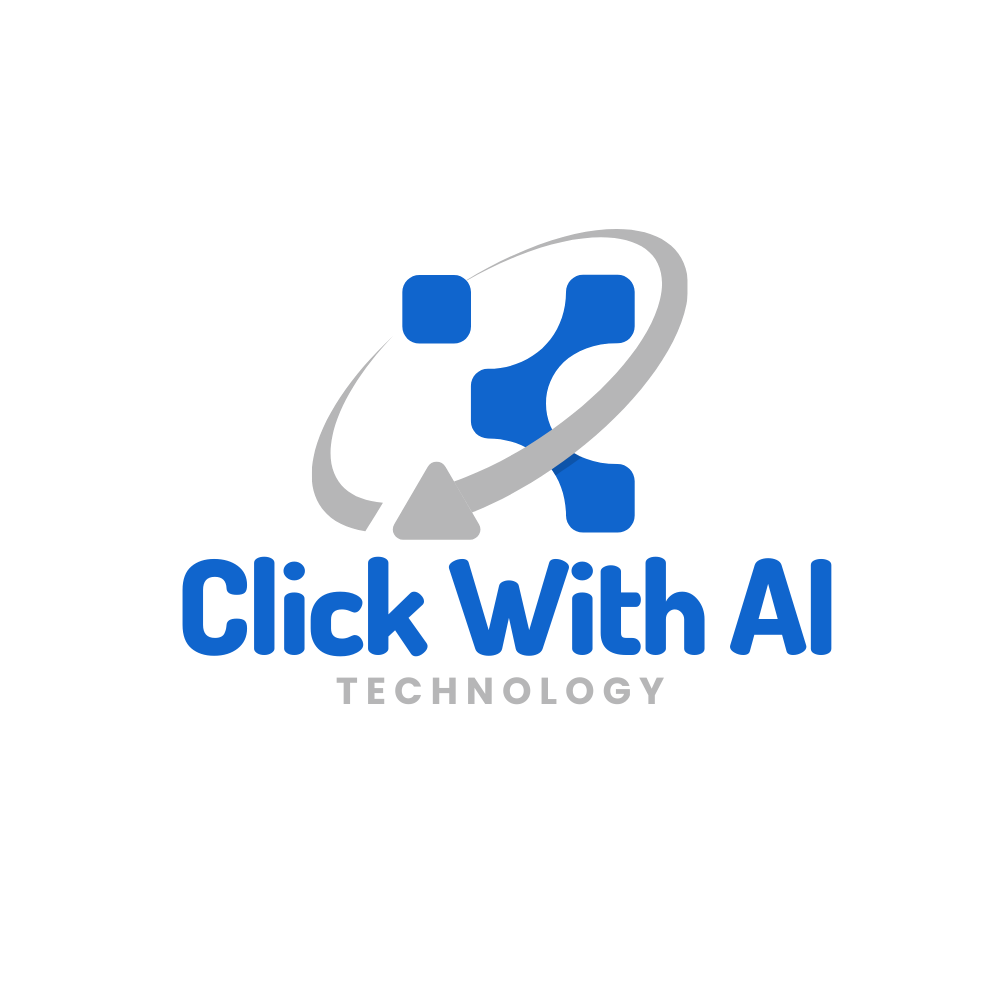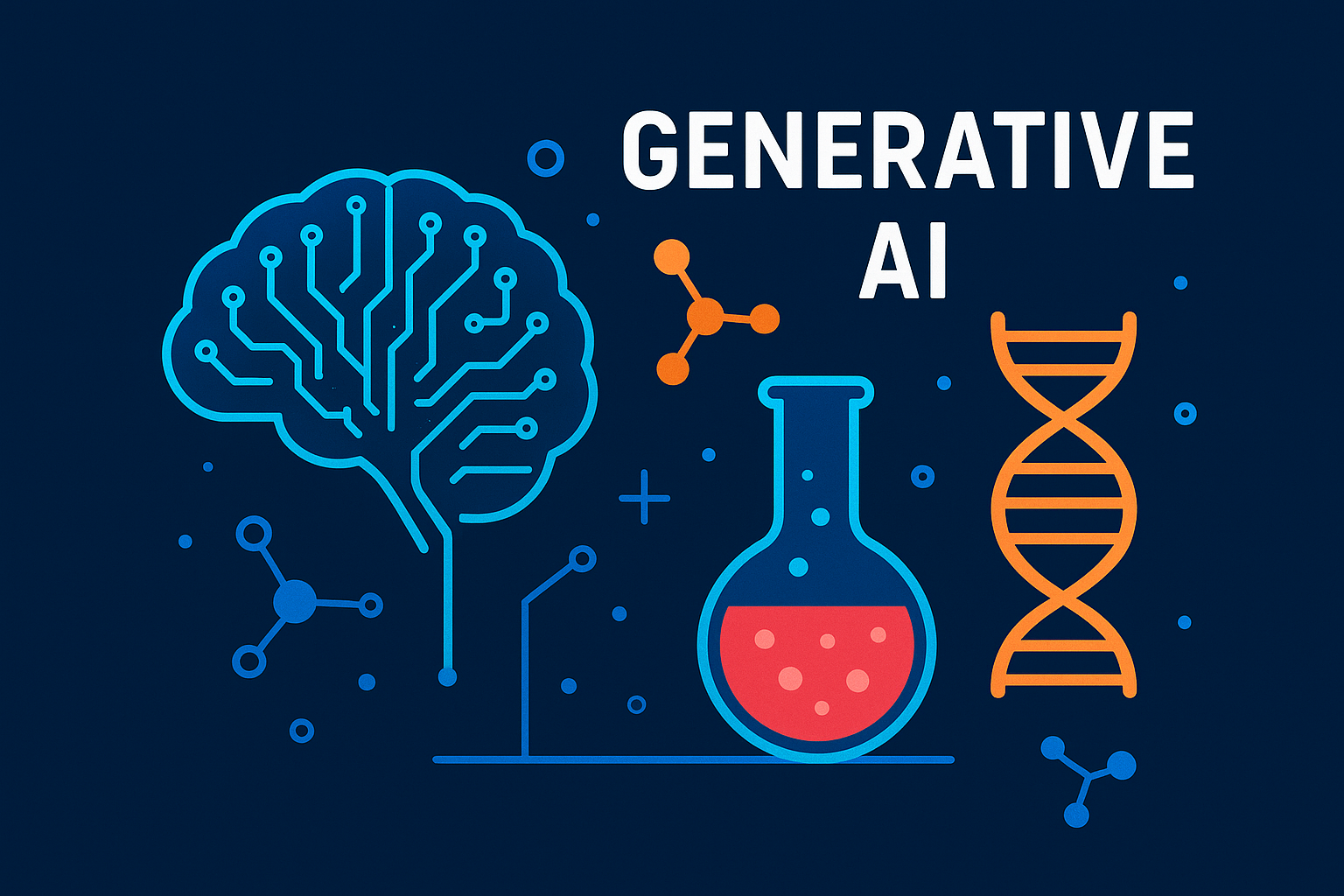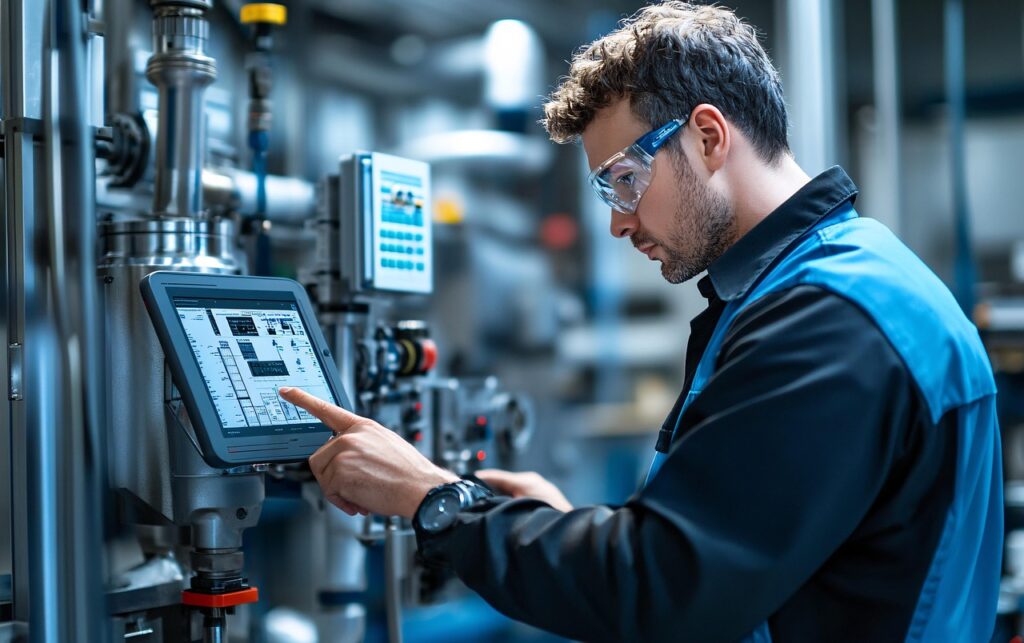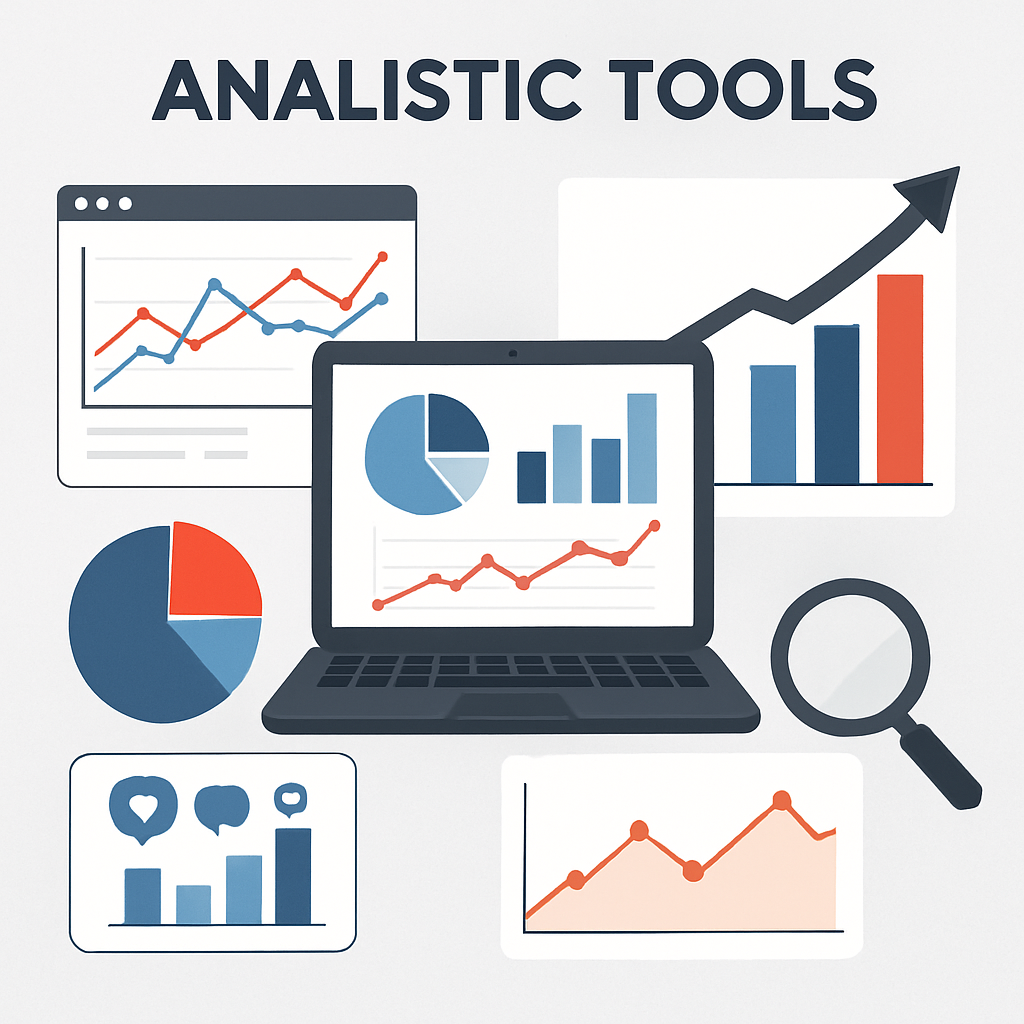Introduction
Generative AI has emerged as one of the most powerful technologies in modern pharmaceutical research. Traditionally, drug discovery was a time-consuming and expensive process, often taking more than a decade and billions of dollars to bring a single medicine to the market. With the help of generative AI, scientists and researchers are now able to design new molecules, predict their interactions, and accelerate the development of life-saving drugs. By integrating artificial intelligence with biotechnology, generative AI is not only reducing costs but also unlocking opportunities that were once impossible to imagine.
What is Generative AI in the Context of Drug Discovery?
Generative AI refers to artificial intelligence systems capable of creating new data, designs, or molecules by learning from existing datasets. In drug discovery, this means using deep learning and machine learning algorithms to generate novel compounds with therapeutic potential. Instead of traditional trial-and-error experiments, generative AI models simulate thousands of possibilities within hours, drastically improving efficiency in pharmaceutical research.
How Generative AI is Transforming Drug Discovery
Generative AI is playing a game-changing role in multiple stages of the drug discovery pipeline:
- Molecule Design – Generative AI can design completely new chemical structures, reducing the dependency on random searches.
- Target Identification – It predicts how a molecule will interact with proteins or genes linked to diseases.
- Drug Repurposing – AI systems identify new uses for existing drugs, which speeds up clinical development.
- Toxicity Prediction – Generative AI models help predict potential side effects early in the process.
- Optimization – It fine-tunes molecules for better stability, safety, and effectiveness.
Benefits of Generative AI in Pharmaceutical Research
- Faster Development: AI reduces the time needed to find promising molecules.
- Cost Efficiency: Billions of dollars can be saved by eliminating failed compounds earlier.
- Higher Success Rates: Predictive modeling increases the chances of clinical success.
- Personalized Medicine: Generative AI supports precision drug design tailored to patient genetics.
Heading Example with Keyword
Applications of Generative AI in Modern Healthcare
Generative AI is not limited to drug discovery alone. In healthcare technology, it is being applied to medical imaging, clinical trial design, and personalized treatment plans. For example, machine learning in pharma uses generative AI models to analyze patient data and predict treatment outcomes, making the overall system more effective.
Case Studies and Real-World Impact
- Insilico Medicine used generative AI to design a novel drug candidate for fibrosis in less than 18 months.
- Atomwise leverages AI-driven platforms to screen billions of compounds in a fraction of traditional research time.
- BenevolentAI integrates biomedical data and generative algorithms to discover potential therapies for neurological diseases.
These examples show how generative AI is actively shaping biotech innovation and transforming drug pipelines worldwide.
Challenges in Using Generative AI for Drug Discovery
While the technology is promising, there are still challenges:
- Data Quality: Generative AI depends on large, clean, and unbiased datasets.
- Regulatory Concerns: AI-designed drugs must pass strict safety and ethical checks.
- Interpretability: Many generative AI models work as black boxes, making it difficult for researchers to explain how results are achieved.
- Integration: Pharmaceutical companies must combine traditional research with AI-driven approaches effectively.
The Future of Generative AI in Drug Discovery
Looking ahead, generative AI is expected to become a core part of pharmaceutical innovation. With advancements in quantum computing and machine learning, AI-driven molecule design will be faster and more accurate. In the near future, clinical trials may also be simulated digitally, reducing the need for lengthy human testing. This will not only accelerate drug approvals but also make medicines more affordable and accessible to millions of people worldwide.




